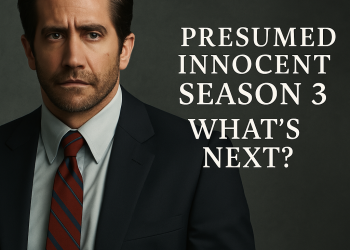Washington, D.C. – March 7, 2025 – U.S. President Donald Trump sparked controversy today by suggesting that escalating trade tensions with Canada and Mexico could heighten the excitement of their competition in the upcoming 2026 FIFA World Cup, despite the looming threat of a full-blown trade war. The remarks, captured in a video shared by journalist Aaron Rupar on X, have drawn sharp reactions from political figures, economists, and sports enthusiasts alike.
https://x.com/atrupar/status/1898104760110080218
During a public appearance, Trump commented, “I think it’s gonna make it more exciting. Tension is a good thing,” referring to the U.S. facing off against Canada and Mexico in the World Cup amid his administration’s recent imposition of a 25% tariff on imports from both nations, alongside fresh duties on Chinese goods. These tariffs, which took effect earlier this week, target nearly $2.2 trillion in annual two-way U.S. trade and are part of Trump’s broader strategy to address issues like fentanyl trafficking and trade imbalances.
The tariffs have already triggered retaliatory measures, with Canadian Prime Minister Justin Trudeau vowing to impose tariffs on $125 billion worth of U.S. goods, including motor vehicles, steel, and agricultural products, if the U.S. tariffs persist. Mexico has also signaled potential countermeasures, escalating fears of economic disruption across North America. Critics argue that these policies could raise prices for American consumers, strain businesses reliant on predictable trade, and undermine the spirit of international cooperation exemplified by the 2026 World Cup, co-hosted by the U.S., Canada, and Mexico.
Trump’s reference to the World Cup—a 48-team tournament set to be the largest in history—ties political and economic friction to the global sports stage. The tournament, scheduled for 2026, will see the three nations compete not only on the field but also navigate the backdrop of strained diplomatic relations. FIFA has already released the knockout stage schedule, with potential matchups in major U.S. cities like Los Angeles, Seattle, and New York, but the economic fallout from tariffs could impact everything from ticket sales to the availability of sports equipment.
Reactions on social media were swift and polarized. Some supporters praised Trump’s competitive stance, with one X user writing, “President Trump understands competition—whether on the soccer field or in global trade,” while others condemned the politicization of sports, with another stating, “STOP BRINGING POLITICS INTO SPORTS. IT’S WHERE WE GO TO GET AWAY FROM YOU.”
Economists warn that the tariffs could lead to higher inflation and reduced economic growth, particularly for industries like automotive manufacturing, which rely heavily on cross-border supply chains. Meanwhile, sports analysts speculate that heightened tensions might affect team morale or fan engagement, though the full impact remains uncertain.
As the U.S., Canada, and Mexico prepare for the World Cup, Trump’s comments highlight the intersection of geopolitics and sports, raising questions about whether “tension” will truly enhance the tournament or overshadow its unifying potential. The Trump administration has not yet clarified whether it will adjust its tariff policy, but the coming weeks will be critical as Canada and Mexico weigh their next moves in this escalating trade dispute.














